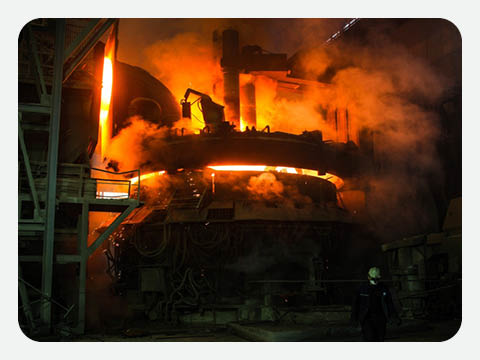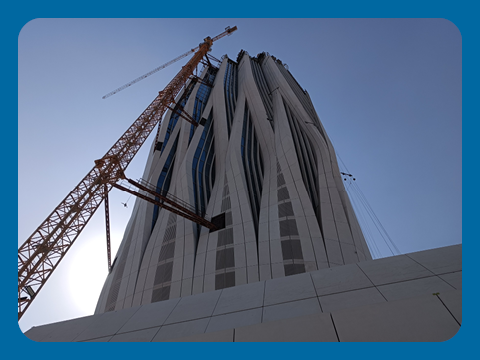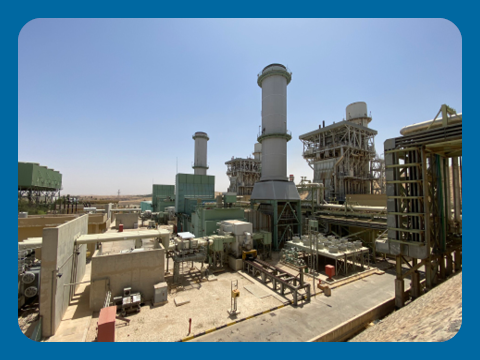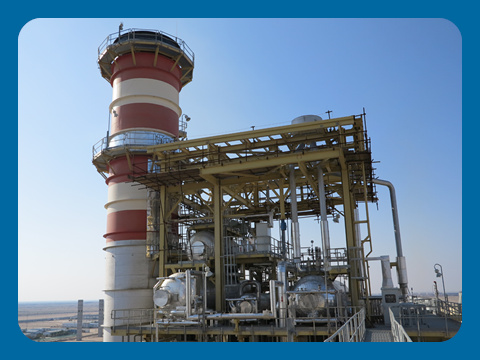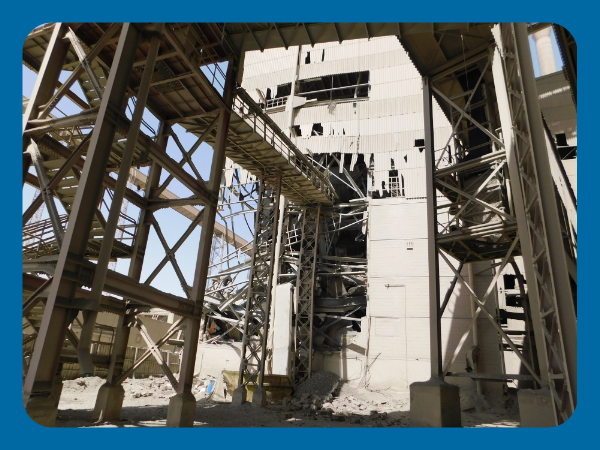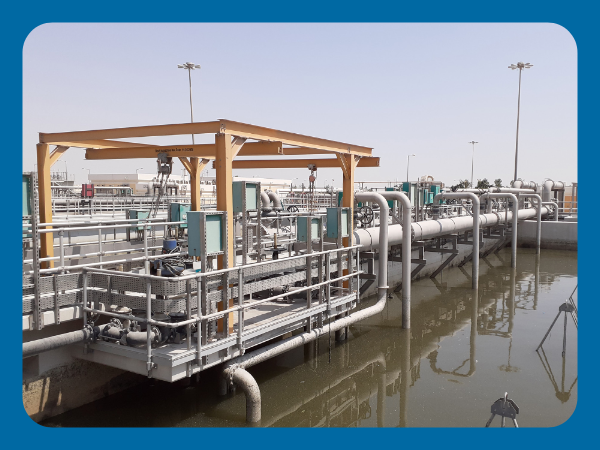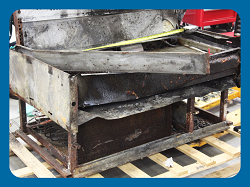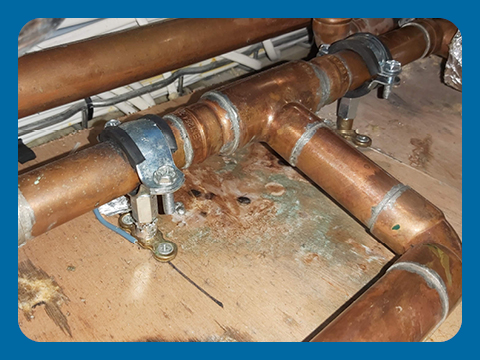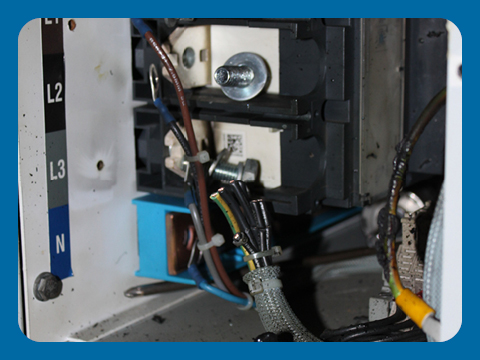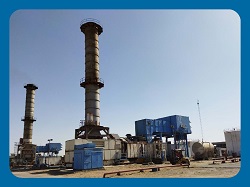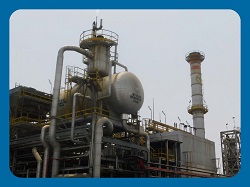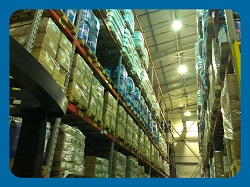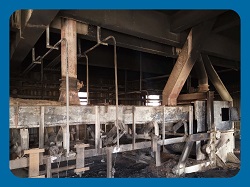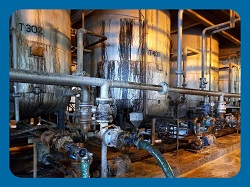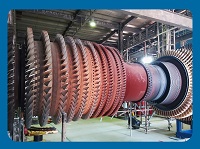In light of the current circumstances caused by spread of the Coronavirus around the world, CEERISK Consulting organised a webinar to look at the potential impact this global event will have across a number of different industrial operations and businesses.
The webinar was attended by a significant number of participants from leading insurance companies and loss adjusting firms across the world with an almost even split between underwriters and claim handlers. All participants agreed that although machinery and equipment are not directly harmed by the virus, the impact of the virus spread and the subsequent response to it, is an area of major concern.
During the webinar we asked the participants to rate the different risks introduced by the virus spread and the global response to it in different countries. Interruptions to supply chain was identified by the majority of participants as the main source of uncertainty followed by the impact of human factors on operational risks in industrial plants. Other risks to the operation of industrial and manufacturing plant were discussed as well and are listed below.

Supply Chain Disruptions
Supply chain disruptions serve as one of the greatest concerns because many large manufacturers, especially auto makers, rely on components that are manufactured and supplied from the affected regions in China and Southeast Asia. Lack of parts is forcing a large number of companies o scale back production and in some cases stop manufacturing altogether. Participants agreed that this may have considerable impact on insurers in many regions around the world.
Power Supply Interruptions
Interruption of power supply from utilities was looked at and it was noted that reports from utilities confirmed that demand will not increase as a result of the virus spread and the response to it. It was noted that the demand decreased as a result of commercial properties being empty during lockdown in major cities and scaling back industrial operations in some factories around the world.
Instead, studies have shown that demand patterns have shifted to higher residential loads similar to those encountered during weekends.
It was noted that many companies around the world have instructed their key employees in control rooms to remain at work and have secured temporary accommodation for them to ensure they remain available to operate the grid. It was also reported that in some locations, utility companies have restricted access to control rooms to ensure key operators remain isolated from the virus.
There was no additional information on how utilities will address outage calls in cities where a lockdown was imposed and if the lockdown would affect the ability of repair crews to be present and available to respond. Nevertheless, it was agreed that in most cases, these isolated situations can be handled through emergency and contingency plans in place.
Condition Monitoring and Maintenance
The availability of workers and maintenance technicians—the “human factor”—to carry out inspections, tests and maintenance of different systems in manufacturing plants was discussed and recognised as a potential serious threat to the continuous operation of the plant.
Regularly scheduled inspections and other maintenance tasks are necessary for a variety of equipment including alarm, firefighting, electrical distribution and many other critical equipment. These aspects of preventative maintenance, however, cannot be completed without the direct involvement of qualified technicians and engineers who must be present on site to do the work. Without service providers available to inspect and moderate these necessary services the risk of failure may increase.
The fact that many employees are under compulsory lockdown imposed to prevent the spread of the virus means that scheduled maintenance and essential inspections must be postponed or cancelled. The majority of participants in the webinar expressed concern for fire alarm systems and firefighting equipment that may require service or re-certification during the lockdown periods. Questions were raised about the steps that could be taken by operators to ensure continuous operation of critical systems.
For more information on the topic or to discuss ways to manage the impact of lockdown and delayed response by service providers on industrial properties, contact Mamoon Alyah, Managing Director - CEERISK Consulting Limited, at mamoon.alyah@ceerisk.com


